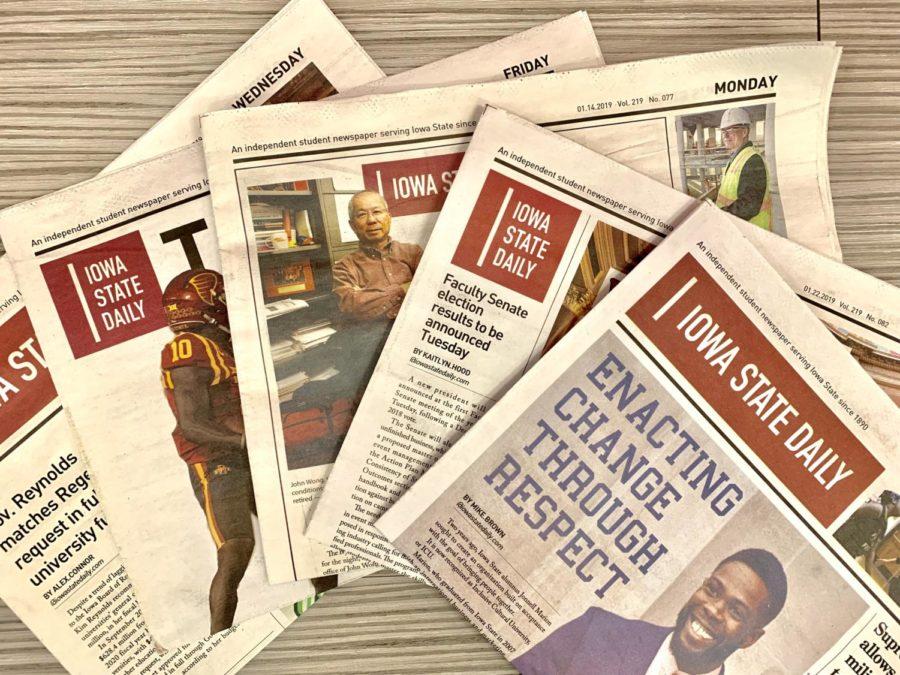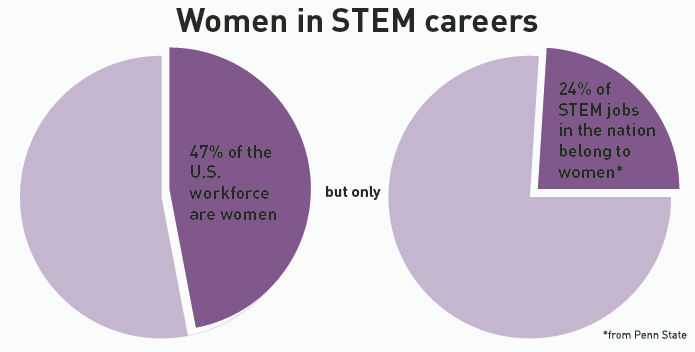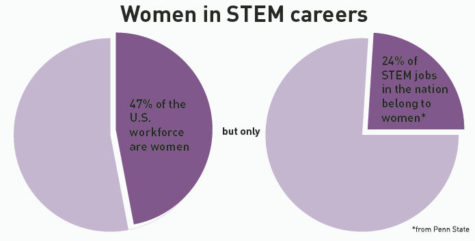Column: Why it isn’t ‘the news’ that’s bad for you
News Engagement Day is celebrated on Oct.1. You can participate in the conversation about the importance of news by looking up the hashtag #NewsEngagementDay.
February 6, 2019
You’ve probably heard this phrase before: “The news was terrible today.”
Or perhaps: “I can’t watch the news.”
It’s pretty common. So available is the accessibility of information, whether through traditional print formats, the internet or television, the ability to consume the news is constantly there.
Yet, so often does the news get a bad reputation. I’m not talking about the war waged by President Donald Trump and the “fake news media,” but rather the implicit one fought by the average consumer.
News, in its simplest form, is defined as a report of recent events.
So, yes, the news can be bad — but it is less likely the journalism that caused the upset rather the incident or information that was reported and occurred.
It’s a very minor thing to distinguish, but important nonetheless.
People think that news isn’t important to them, or that their consumption habits should come from only one source or — at the very worst — social media such as Facebook.
In a time where many older Americans who weren’t raised on the crux of the internet, or grew up surrounded by smart TVs, smart speakers and smart phones, the difference between what’s news and what’s not is a difficult line to draw.
In America today, according to a recent report commissioned by Princeton University and New York University, researchers found that regardless of ideology, Facebook users age 65 and older shared almost seven times as many fake news articles as younger users.
Throw in partisan divides and algorithms contributing to a deepening polarization of our society, and the news — in all its shapes and forms — is pretty hard to swallow.
The news can be both good, bad or average — dependent on who you are and what your beliefs might be. The news can be the first baby delivered on New Year’s Day or a bank robbery. It may be one of the shortest words used for the greatest amount of things because everything could be considered news.
However, the next time you use the phrase “the news was terrible today,” think about how you could be more specific. Replace the word news with the incident that you’re actually wanting to describe.
Better yet, replace the word news with the word “journalism,” which is the activity or profession of writing for newspapers, magazines or news websites or preparing news to be broadcast.
If the journalism isn’t bad, don’t say the news is bad unless describing the incident specifically. In an age of declining print revenues and a rising distrust in the industry, we need all the help we can get.
Think about the implications of your rhetoric, because that’s what we do in the news business.
















